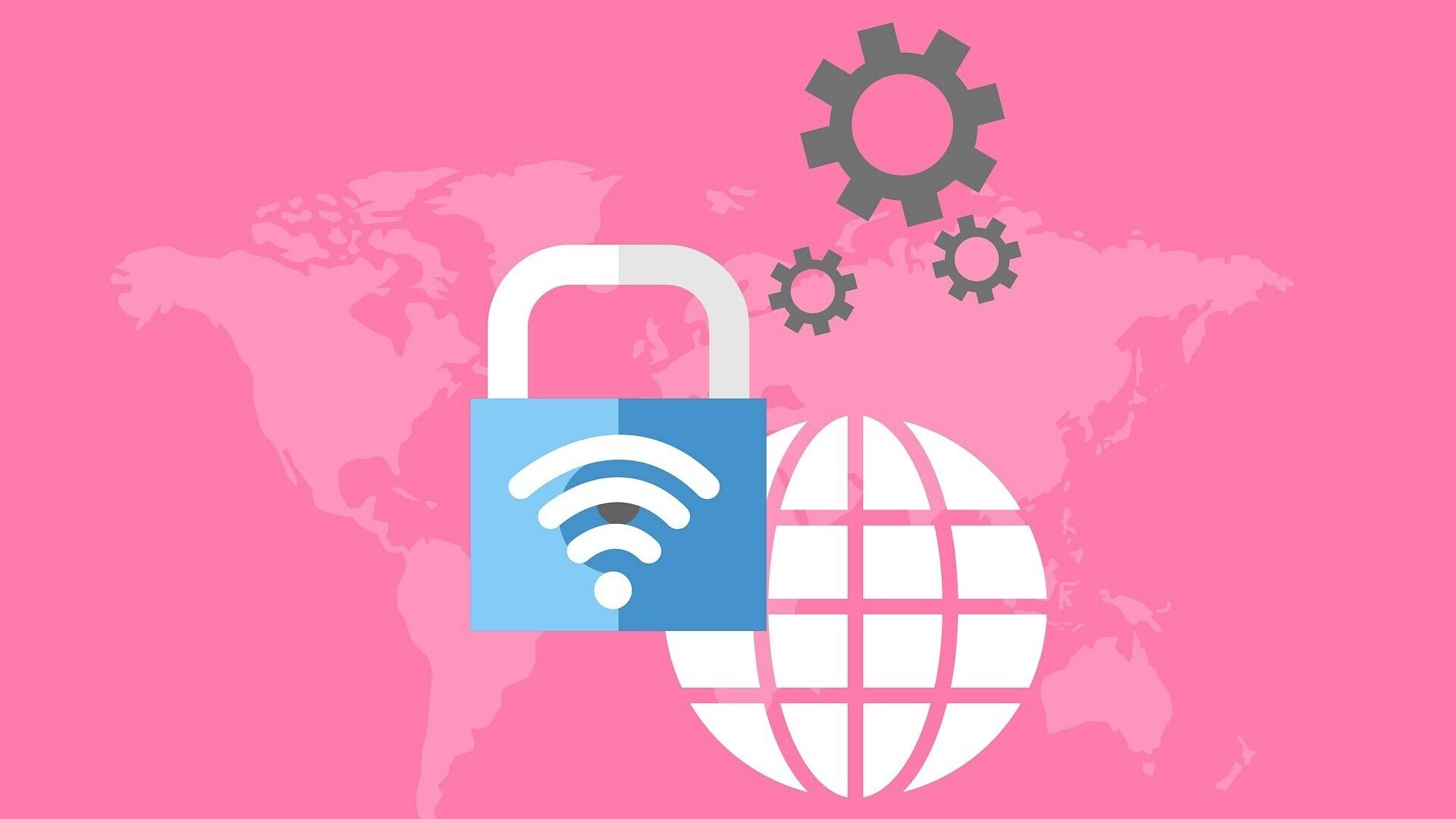Topic(s)
Web Design, Security
Traditionally found only on e-commerce sites, or pages that include transactional features like a donation form, there are actually advantages in using an SSL that all sites can benefit from.
What is an SSL?
An SSL (Secure Sockets Layer) encrypts the transmission of data from a person’s computer to the web server where a website is hosted. This ensures that if that data is intercepted along the way, private information will not be sent in plain text. This transmission security is why SSL certificates have long been used on any site that deals in PII, or “personally identifiable information.” PII includes credit card numbers, social security numbers, and even less sensitive seeming data like addresses and birthdates. If your website deals with this data, using an SSL is essential. Even if your website does not handle PII, however, our recommendation is that you should still have an SSL. Here’s why:
The Benefits of an SSL
In addition to the obvious security benefits of using an SSL on your website, there are three additional reasons why it is so important:
- Search Engine Results – as far back as 2014, Google began using security as a ranking signal. As part of their efforts to encourage sites to be delivered under HTTPS, they are now rewarding sites that use an SSL across all pages of that site. If you are looking for ways to make your site more findable and improve its rankings, delivering it with an SSL is one way to do so.
- Visitor Trust – with so many scams and threats online, visitors are wary of sites they may not recognize. An SSL encrypts the transmission of data both ways, which means that information visitors send to your site is protected, but so is the data you send to them. The content they are seeing is confirmed to be from your company and not compromised by a hacker who has intercepted their page request. By using an SSL, you are authenticating your site’s identity and content for visitors and building a level of trust that is more important than ever before.
- Future Focused – while sites are not currently required to deliver pages and data securely, who knows what the future will hold. There are many in the web industry who believe that website data security will eventually be mandated. By taking the steps to secure your site now, you are realizing all these benefits today while also preparing yourself for this possible future.
Do You Need an SSL?
To answer simply, yes, your site does need an SSL. If you’d like to discuss next steps for adding the benefits of an SSL to your site, please contact the experts in our Digital Innovation & Design team today.
Explore our website design and development services to find our how you can keep your website modern, secure, and ready for what's ahead.

